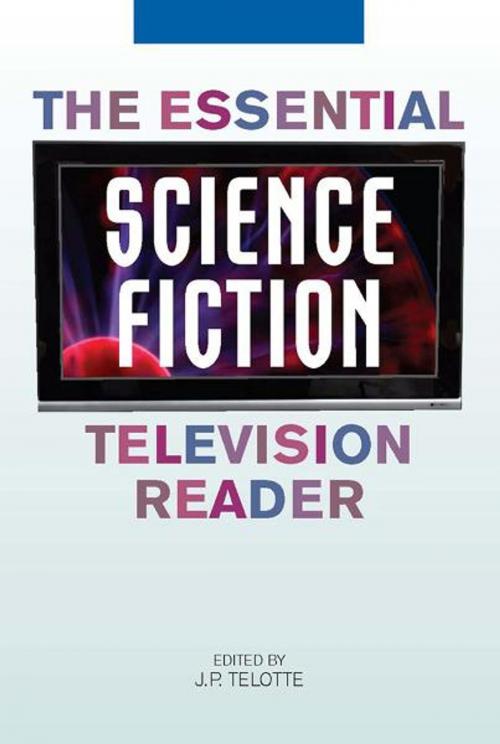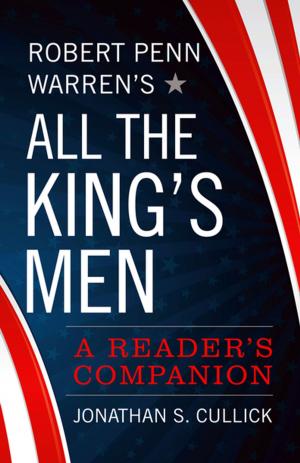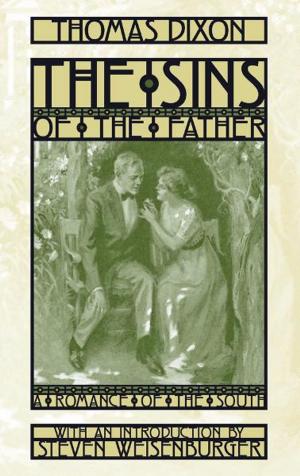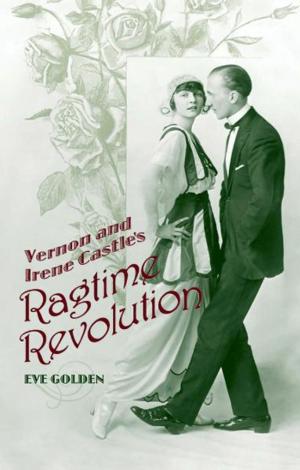The Essential Science Fiction Television Reader
Nonfiction, Entertainment, Performing Arts, Television, History & Criticism| Author: | J.P. Telotte | ISBN: | 9780813138732 |
| Publisher: | The University Press of Kentucky | Publication: | May 2, 2008 |
| Imprint: | The University Press of Kentucky | Language: | English |
| Author: | J.P. Telotte |
| ISBN: | 9780813138732 |
| Publisher: | The University Press of Kentucky |
| Publication: | May 2, 2008 |
| Imprint: | The University Press of Kentucky |
| Language: | English |
Once confined solely to literature and film, science fiction has emerged to become a firmly established, and wildly popular, television genre over the last half century. The Essential Science Fiction Television Reader provides insight into and analyses of the most important programs in the history of the genre and explores the breadth of science fiction programming. Editor J. P. Telotte and the contributors explain the gradual transformation of the genre from low-budget cinematic knockoffs to an independent and distinct televisual identity. Their essays track the dramatic evolution of early hits such as The Twilight Zone and Star Trek into the science fiction programming of today with its more recent successes such as Lost and Heroes. They highlight the history, narrative approaches, and themes of the genre with an inviting and accessible style. In essays that are as varied as the shows themselves, the contributors address the full scope of the genre. In his essay "The Politics of Star Trek: The Original Series," M. Keith Booker examines the ways in which Star Trek promoted cultural diversity and commented on the pioneering attitude of the American West. Susan George takes on the refurbished Battlestar Galactica series, examining how the show reframes questions of gender. Other essays explore the very attributes that constitute science fiction television: David Lavery's essay "The Island's Greatest Mystery: Is Lost Science Fiction?"calls into question the defining characteristics of the genre. From anime to action, every form of science fiction television is given thoughtful analysis enriched with historical perspective. Placing the genre in a broad context, The Essential Science Fiction Television Reader outlines where the genre has been, where it is today, and where it may travel in the future. No longer relegated to the periphery of television, science fiction now commands a viewership vast enough to sustain a cable channel devoted to the genre.
Once confined solely to literature and film, science fiction has emerged to become a firmly established, and wildly popular, television genre over the last half century. The Essential Science Fiction Television Reader provides insight into and analyses of the most important programs in the history of the genre and explores the breadth of science fiction programming. Editor J. P. Telotte and the contributors explain the gradual transformation of the genre from low-budget cinematic knockoffs to an independent and distinct televisual identity. Their essays track the dramatic evolution of early hits such as The Twilight Zone and Star Trek into the science fiction programming of today with its more recent successes such as Lost and Heroes. They highlight the history, narrative approaches, and themes of the genre with an inviting and accessible style. In essays that are as varied as the shows themselves, the contributors address the full scope of the genre. In his essay "The Politics of Star Trek: The Original Series," M. Keith Booker examines the ways in which Star Trek promoted cultural diversity and commented on the pioneering attitude of the American West. Susan George takes on the refurbished Battlestar Galactica series, examining how the show reframes questions of gender. Other essays explore the very attributes that constitute science fiction television: David Lavery's essay "The Island's Greatest Mystery: Is Lost Science Fiction?"calls into question the defining characteristics of the genre. From anime to action, every form of science fiction television is given thoughtful analysis enriched with historical perspective. Placing the genre in a broad context, The Essential Science Fiction Television Reader outlines where the genre has been, where it is today, and where it may travel in the future. No longer relegated to the periphery of television, science fiction now commands a viewership vast enough to sustain a cable channel devoted to the genre.















